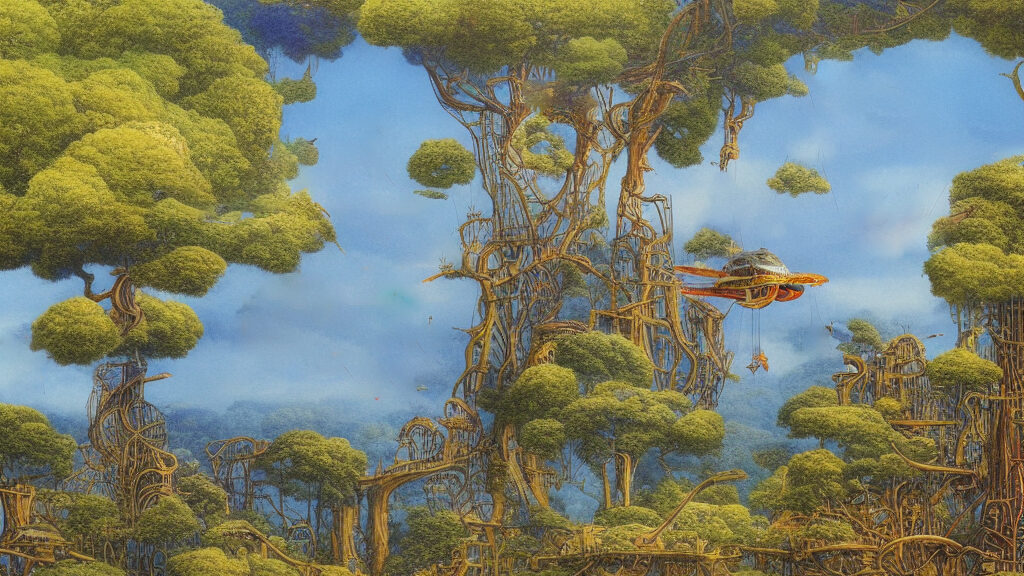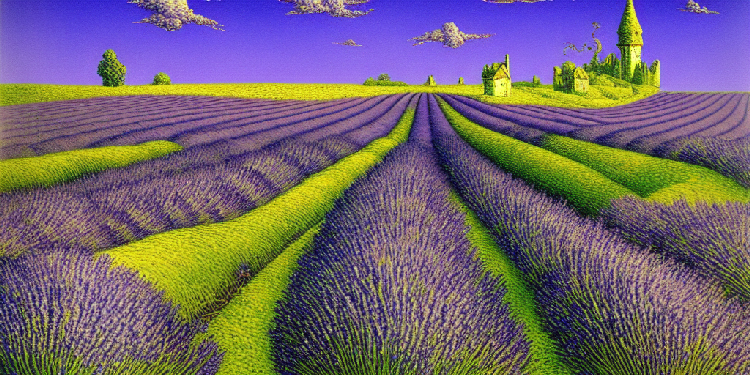
Like the rest of continental Europe, French progressive rock bands were initially influenced by the British progressive rock pioneers. However, French bands quickly carved a niche within progressive rock that gave them a local flavor. Unlike central and northern European bands who had a tendency to sing in English, most French bands used the French language and were influenced by French poetry and theater and, in some cases, by French traditional music.
Pioneers
Ange
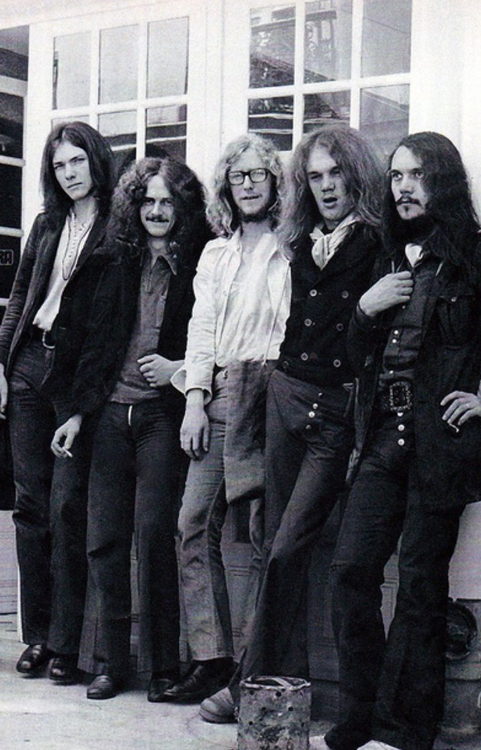
Ange was the most important French progressive rock band during the 1970s. They had a long and prolific career. Formed in September 1969 by the Décamps brothers, keyboardist Francis and multi-instrumentalist and vocalist Christian, Ange was a popular band in the rock festival circuit. Ange made heavy use of the mellotron.
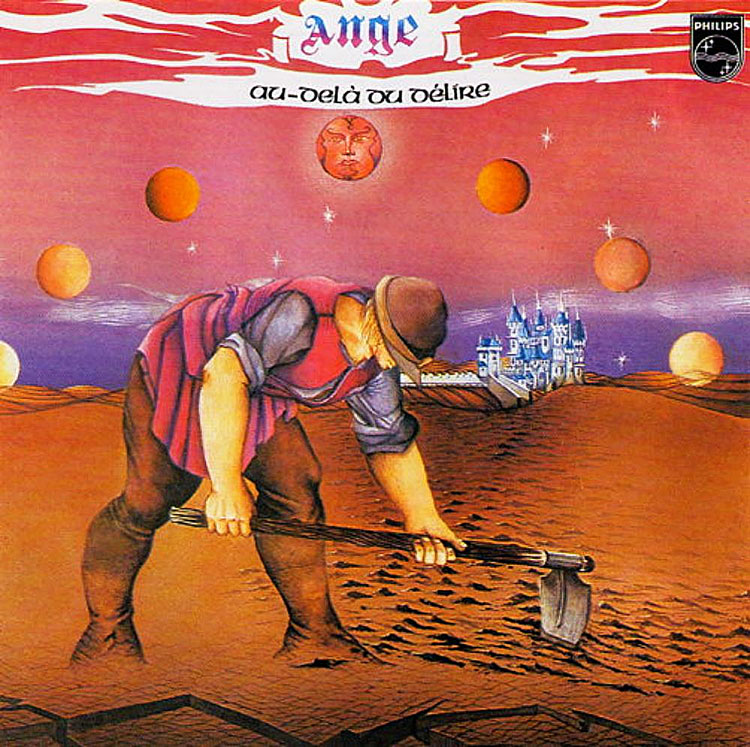
The essential Ange progressive rock albums include Caricatures (Philips, 1972); Le Cimetière Des Arlequins (Philips, 1973); Au-Delà Du Délire (Philips, 1974); Emile Jacotey (Philips, 1975); Par Les Fils De Mandrin (Philips, 1976); Tome VI (Philips, 1977); and Guet-Apens (Philips, 1978). Ange released an English-speaking version of its fifth album Par les fils de Mandrin (By the sons of Mandrin), although it wasn’t very successful.
Magma
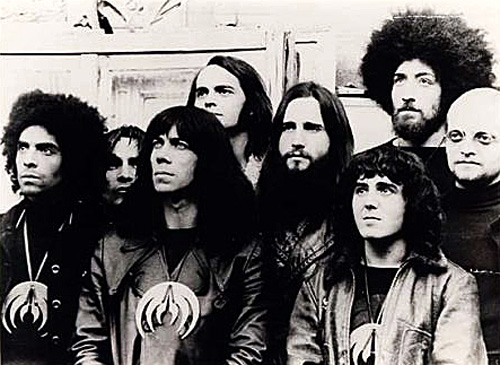
One of the most influential bands during the 1970s was Magma. The group, led by Christian Vander, became legendary inside and outside France. Language was not a problem as they used their own made-up language. Their explosive mix of progressive rock, jazz, and avant-garde classical musical influence made it a magnet for some of France’s best musicians.
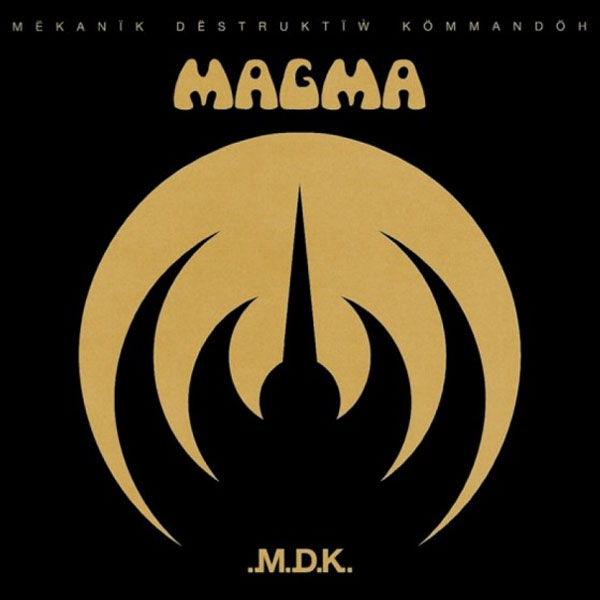
Magma released a series of iconic albums: Magma (1970, reissued as Kobaïa), 1001° Centigrades (1971), Mëkanïk Dëstruktïẁ Kömmandöh (1973), Ẁurdah Ïtah (1974), Köhntarkösz (1974), Üdü Ẁüdü (1976) and Attahk (1978).
Atoll
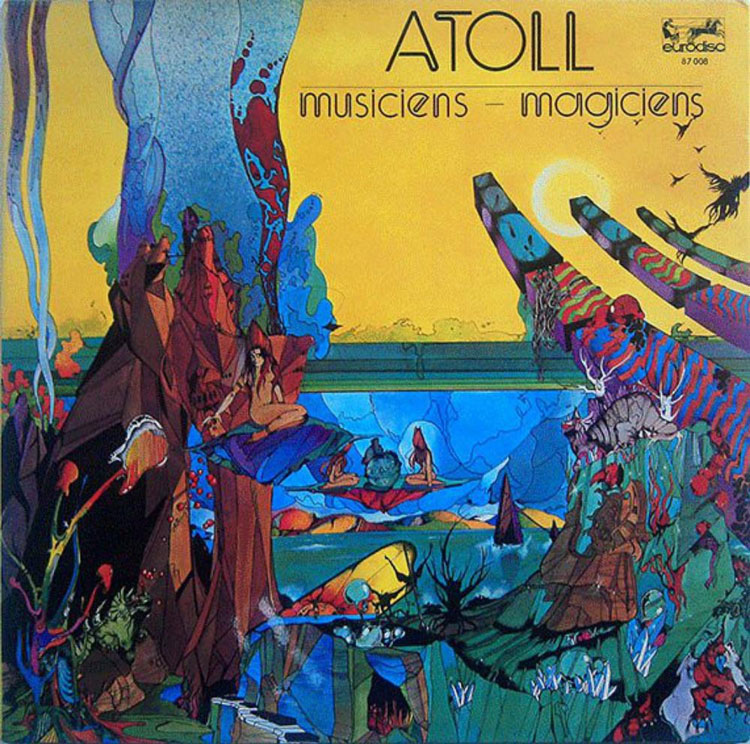
A high profile act called Atoll featured keyboards, guitar and violin, combining symphonic sounds and fusion. They released some of the highest regarded French progressive rock albums: Musiciens-Magiciens (1974), L’Araignee-Mal (1975) and Tertio (1977). Rock Puzzle came out in 1978.
Asia Minor
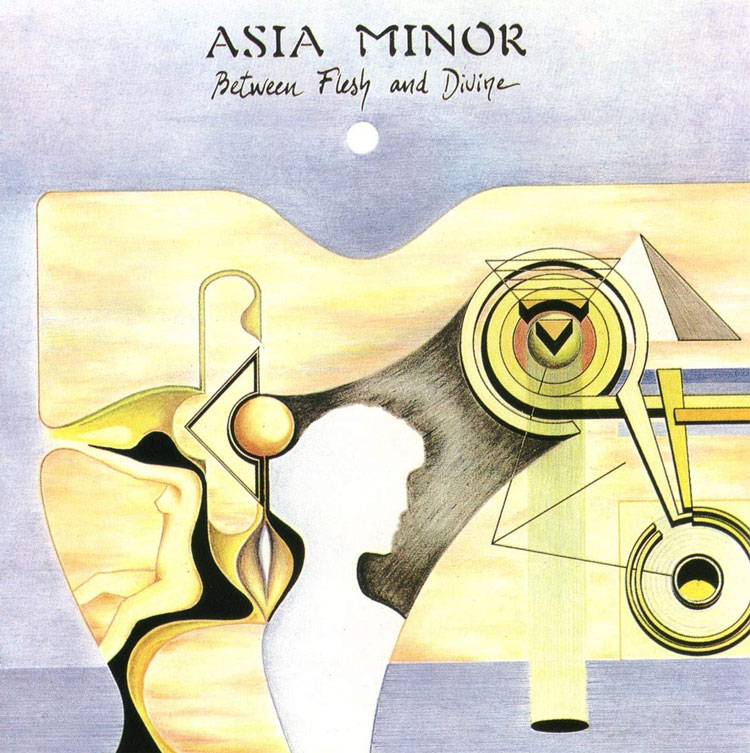
In terms of musical diversity, one of the most original groups was Asia Minor. The band included Turkish and French musicians. Vocals were primarily in English and the music combined British-style progressive rock with Middle Eastern influences. Asia Minor released Crossing the Line and Between Flesh and Divine.
Other notable early French progressive bands include:
Acanthe
Acanthe was a little known band that existed from 1973-1977. They recorded an album that was discovered years later and released in 2009 CD.
Arachnoid –
Acintya
Progressive symphonic rock band from Nancy. Discography: La Cité Des Dieux Oubliés (SRC, 1978) and In Live (Musea, 2012)
Carpe Diem
Progressive symphonic rock band from Nice. Discography: En Regardant Passer Le Temps (Arcane, 1975), Cueille Le Jour (Crypto, 1977) and Circonvolutions (Musea, 2015).
Clearlight
Progressive psychedelic rock and electronic music band led by keyboardist and composer Cyrille Verdeaux. Clearlight’s debut album Clearlight Symphony featured members of Anglo-French band Gong, including Steve Hillage, Tim Blake, and Didier Malherbe. Forever Blowing Bubbles, released in 1975, included David Cross of King Crimson and several vocalists from Hatfield & the North. Discography: Clearlight Symphony (Virgin Records, 1975), Forever Blowing Bubbles (Virgin Records, 1975), Les Contes du Singe Fou (Isadora Records, 1976), Visions (Celluloid, 1978), Symphony 2 (Mantra, 1990), In Your Hands (Legend Music, 1994), Infinite Symphony (Clearlight Music, 2003), and Impressionist Symphony (Gonzo Multimedia, 2014).
Mona Lisa –
Pulsar
Superb band from Lyon with space rock and symphonic influences. Vocals in English. Discography: Pollen (Kingdom Records, 1975), The Strands Of The Future (Kingdom Records, 1976), Halloween (CBS, 1977), Bienvenue au Conseil d’Administration (1981), Görlitz (Musea, 1989), Memory Ashes (Cypress Music, 2007).
Shylock
Shylock drew parallels with King Crimson owing to its intricate composition and abundant instrumentation. It displayed a penchant for delving into themes that induced anxiety, embarking on musical ascents infused with electrifying vigor and heightened tension. This instrumental configuration seamlessly aligned with the overarching current of vibrant and anguished Progressive rock, characterized by tumultuous atmospheres, all the while forging its distinctive identity.
Notable, Shylock released two albums: Gialorgues (CBS, 1977) and Île de Fièvre (CBS, 1978). The lineup on Gialorgues included André Fisichella on drums, percussion; Frédéric l’Épée on guitars, bass; and- Didier Lustig on keyboards. The musicians on Île de Fièvre were Frédéric l’Épée on guitars; Didier Lustig on Elka Rhapsody 610, Hammond B3, Minimoog, Mellotron, Yamaha electric grand piano, Hohner Clavinet D6; Serge Summa on bass; and André Fisichella on drums & percussion.
Wapassou (under construction)
La Discographie du Rock Français
In 1984, Francis Grosse and Bernard Gueffier published the book La Discographie du Rock Français. Although the book covered different types of rock music, there was a big emphasis on progressive rock. This popular book has had several subsequent editions in 1986 and 1994.
Musea Records
Francis Grosse and Bernard Gueffier became two of the most influential individuals in the resurgence of progressive rock in the 1980s. They formed a label called Musea that had two goals: release progressive rock by new artists and reissue out of print progressive rock gems from across the globe, as well as rare collector’s items. Throughout the years, Musea built an impressive catalog.
